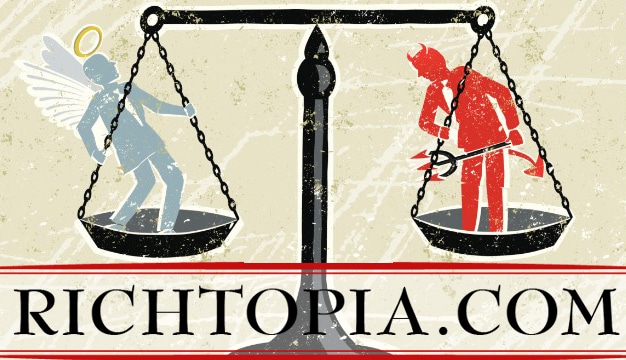My determination to write this post was for the most part, whilst not exclusively, unconscious. My aim here is to teach and reinforce the value of ethics in about 300 words. It is a topic that needs the spotlight more often and tackled head-on.
Being ethical is among the top rules in all fortune 500 companies. One example is Berkshire Hathaway: they mechanically hand out a document called “Code of business conducts and ethics” to each member of the establishment upon arrival.
Albert Camus once said “A man without ethics is a wild beast loosed upon this world.”
You never know who is observing you. And someone often is. Genuine ethics are not only correct to embody, they also protect your brand.
So what does being unethical mean? It means being dishonest with colleagues or clients; misusing company resources; misapplying or faking hours of work; having an abusive attitude; breaching company policies; incorrectly using social networks; discrimination; thieving; using deception, and intimacy. And those examples are merely scratching the surface.
Ethics do not stop at work – they cover both our lives in private and our social lives too. But what yields could be gained through investing in ethics?
Businesses with ethical standards have observed that applying good ethics tends to shrink their vulnerability, have better financial opportunities, improve loyalty, decrease the chances of landing on a mine-of-a-fine, and much more.

In the end, the choice comes down to you. Will you be ethical, or attempt take short-cuts and go the wrong way? Considering all things mentioned, there are no clouds of doubt in the air that investing in ethics is the better option. Over time it could bring yields of over 500%. Any flaw in our ethical code will shrink our chances of thriving in our enterprises. Appreciating life and being ethical demands that we acknowledge our fragile place in the world and face matters wisely – with concern for others.





